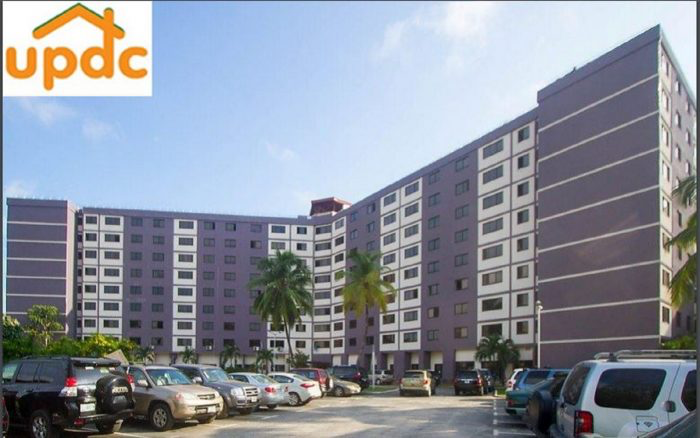UPDC Plc has reported a dramatic upswing in profitability for the 2024 financial year, driven by a stellar performance in its core property development business. According to its audited financial statements for the year ended December 31, 2024, the company recorded a pre-tax profit of N1.309 billion, marking a staggering 244.51% increase from N379.9 million in 2023.
The bottom line was equally impressive. After-tax profit soared 277.83% to N836.9 million, further cementing what appears to be a significant financial turnaround for the real estate firm.
Total revenue for the year surged by 120.57%, climbing from N5.344 billion in 2023 to N11.787 billion in 2024. This growth was powered primarily by UPDC’s real estate operations, which contributed over 87% of total revenue. According to the financial disclosures, sales from Grupo Atlanta property stock alone generated N5.2 billion, while other real estate inventory added N4.081 billion, bringing total property-related revenue to N9.281 billion. In contrast, the company’s hospitality segment contributed N1.464 billion, or 12.4% of total revenue—yet this arm of the business posted a loss before tax of N256 million, underlining its continued underperformance.

Despite top-line growth, UPDC experienced margin pressure due to rising project and operational costs. Gross profit margin declined from 35.6% in 2023 to 28.8% in 2024. A notable spike in selling and distribution expenses, which rose nearly 400% to N550 million, also contributed to cost pressure.
Still, the company maintained strong cash flow generation. Operating activities brought in N8.22 billion in 2024—more than three times the figure recorded the previous year—offering a cushion to support ongoing obligations.
Reflecting improved profitability, UPDC declared a final dividend of N0.01 per share, amounting to N18.6 million and representing a payout ratio of 22.18%.
However, the company is now more leveraged. Total debt, including interest-bearing liabilities, almost doubled to N20.923 billion, while trade payables more than tripled to N17.789 billion—indicating UPDC is extending payment timelines to suppliers. With total equity at N9.486 billion, the gearing ratio increased to 69%, up from 54% the previous year. While this points to a riskier capital structure, the firm’s improved cash flow performance suggests it remains in a stable position—for now.
UPDC appears to be collecting payments more efficiently. Trade receivables dropped by 26% to N1.51 billion, suggesting quicker customer payments or tighter credit terms. On the flip side, the company is holding off on paying its suppliers, as trade payables ballooned to N17.789 billion. This working capital strategy seems deliberate—an attempt to manage liquidity and reduce cash outflows in the short term.
On the Nigerian Exchange (NGX), UPDC’s stock has gained 76.1% year-to-date, closing at N2.80 per share as of April 17, 2025. This makes it the 10th best-performing stock on the exchange so far this year. However, the company’s low public float raises concerns. Only 4.89% of UPDC’s shares are available for public trading, significantly below the NGX’s free float requirement. Major shareholders include Custodian Investment Plc (51%) and UAC of Nigeria (42.61%). UPDC has acknowledged the issue and indicated that it is working on a strategy to address the float shortfall. Details of the plan will be announced upon finalization.
UPDC’s 2024 performance underscores the value of a strategic focus on its core strength—property development and sales. While margin pressures and leverage pose challenges, strong cash flow and a robust top-line performance suggest the company is better positioned than it has been in years. As the firm looks to rebalance its capital structure and address regulatory requirements around share float, investors and industry watchers will be keenly observing whether UPDC can maintain this momentum into 2025 and beyond.



